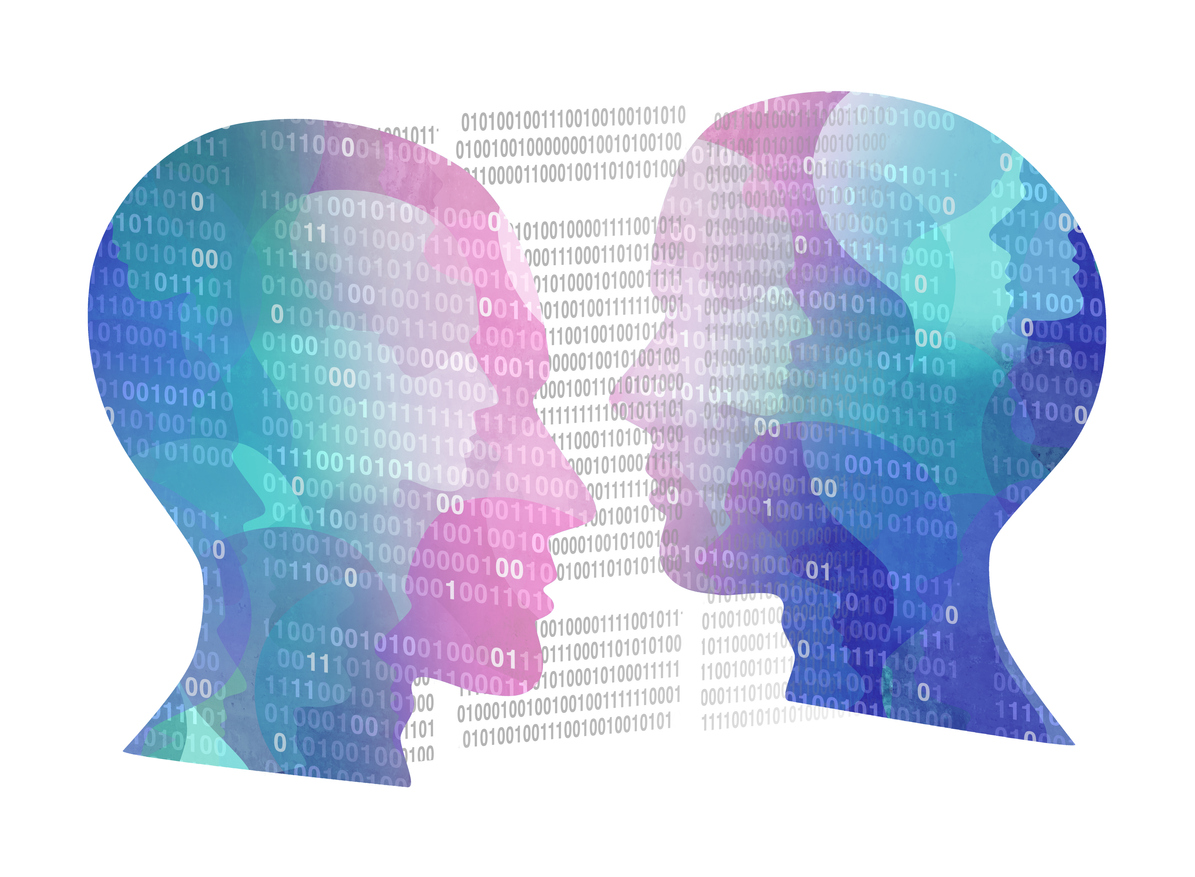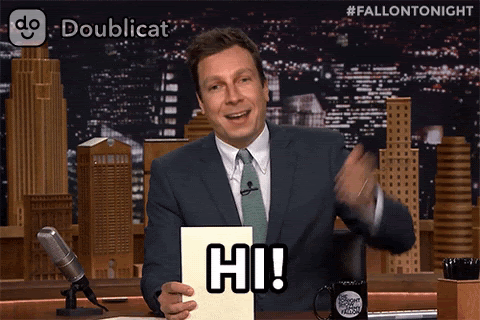
A new app called Doublicat allows users to superimpose their face into popular GIFs using deep learning technology.
In the name of research, here’s one I made earlier:

Doublicat uses a Generative Adversarial Network (GAN) to do its magic. The GAN is called RefaceAI and is developed by a company of the same name.
RefaceAI was previously used in a face swapping app called Reflect. Elon Musk once used Reflect to put his face on Dwayne Johnson’s body.
The app is a lot of fun, but – after concerns about viral Russian app FaceApp – many will be wondering just how much data is being collected in return.
Doublicat’s developers are upfront with asking for consent to store your photos upon first opening the app and this is confirmed in their privacy policy: “We may collect the photos, that you take with your camera while using our application.”
However, Doublicat says that photos are only stored on their server for 24 hours before they’re deleted. “The rest of the time your photos used in Doublicat application are stored locally on your mobile device and may be removed any time by either deleting these photos from your mobile device’s file system.”
The app also collects data about facial features but only the vector representations of each person’s face is stored. Doublicat assures that the facial recognition data collected “is not biometric data” and is deleted from their servers within 30 calendar days.
“In no way will Doublicat use your uploaded content for face recognition as Doublicat does not introduce the face recognition technologies or other technical means for processing biometric data for the unique identification or authentication of a user.”
The amount of data Doublicat can collect is limited compared to some alternatives. Apps such as Zao require users to 3D model their face whereas Doublicat only takes a front-facing picture.
RefaceAI is now looking to launch an app which can make deepfake videos rather than just GIFs. The move is likely to be controversial given the concerns around deepfakes and how such videos could be used for things such as political manipulation.
A fake video of Nancy Pelosi, Speaker of the United States House of Representatives, went viral last year after purportedly showing her slurring her words as if she was intoxicated. The clip shows how even a relatively unsophisticated video (it wasn’t an actual deepfake in this case) could be used to cause reputational damage and even swing votes.
A report from the NYU Stern Center for Business and Human Rights last September, covered by our sister publication MarketingTech, highlighted the various ways disinformation could be used ahead of this year’s presidential elections. One of the eight predictions is that deepfake videos will be used “to portray candidates saying and doing things they never said or did”.
Earlier this month, Facebook announced new policies around deepfakes. Any deepfake video that is designed to be misleading will be banned. The problem with the rules is they don’t cover videos altered for parody or those edited “solely to omit or change the order of words,” which will not sound encouraging to anyone wanting a firm stance against manipulation.
Doublicat is available for Android and iOS.

Interested in hearing industry leaders discuss subjects like this? , , , AI &






2 comments on “Deepfake app puts your face on GIFs while limiting data collection”